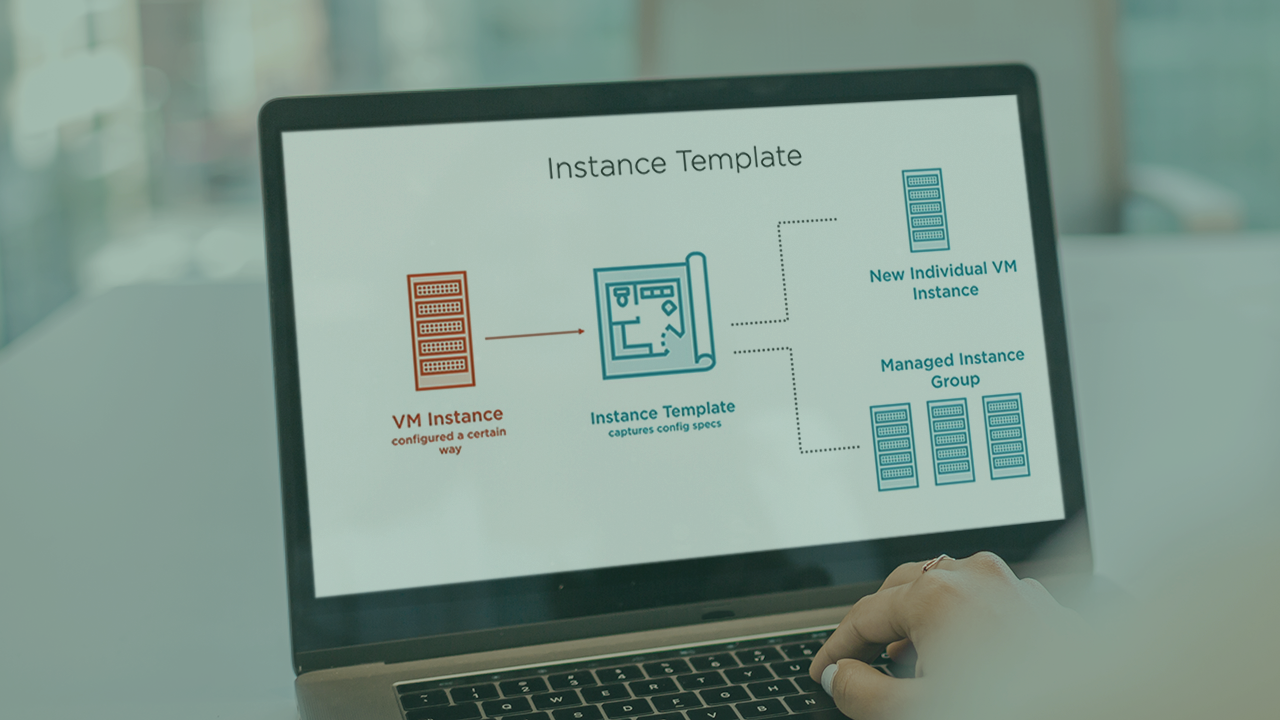- Course
Building Scalable Compute Solutions with Managed Instance Groups
This course covers the practical and theoretical aspects of working with Managed Instance Groups, a powerful abstraction that provides autohealing and autoscaling. This includes configuring health checks, load balancing and autoscaling policies.

- Course
Building Scalable Compute Solutions with Managed Instance Groups
This course covers the practical and theoretical aspects of working with Managed Instance Groups, a powerful abstraction that provides autohealing and autoscaling. This includes configuring health checks, load balancing and autoscaling policies.
Get started today
Access this course and other top-rated tech content with one of our business plans.
Try this course for free
Access this course and other top-rated tech content with one of our individual plans.
This course is included in the libraries shown below:
- Cloud
What you'll learn
Two primary attractions of cloud computing are autohealing and autoscaling. Individual cloud VM instances do not come equipped with either of these features, however; for that you need to master a higher-level abstraction, the Managed Instance Group.
In this course, Building Scalable Compute Solutions with Managed Instance Groups, you will gain the ability to instantiate, scale, and actually use Managed Instance Groups on the Google Cloud Platform.
First, you will learn what an instance template is, how it is created, and how it can be used to instantiate either individual instances or an instance group. Instance templates are the basic building blocks of infrastructure automation on the GCP, and can be thought of as blueprints from which a VM instance can be created. You can use an instance template along with a health check and an autoscaling policy to create a Managed Instance Group. In this way, the GCP ensures the uniformity of all instances in the MIG. This allows the service to implement perfect horizontal scaling, in which generic instances enter and leave the group over time. Next, you will discover how updates and rollbacks are performed, and how individual instances can be debugged in a Managed Instance Group. Finally, you will explore how to configure a Managed Instance Group as the scalable backend for a Load Balancer. The GCP has several load balancing options at different levels of the OSI network stack, and in this course we focus on wiring up an HTTP load balancer to the backend instance group. Load balancers have a lot of moving parts, so this configuration is fairly involved.
When you’re finished with this course, you will have the skills and knowledge of Managed Instance Groups needed to build scalable compute backends that provide both autohealing and autoscaling on the GCP.
Building Scalable Compute Solutions with Managed Instance Groups
-
Module Overview | 1m 34s
-
Prerequisites and Course Outline | 3m 56s
-
Introducing Managed Instance Groups | 7m 20s
-
Instance Templates | 3m 9s
-
Creating an Instance Template Using the Web Console | 7m 20s
-
Creating an Instance Template Using gcloud | 6m 24s
-
Creating an Instance Template Using the REST_API | 3m 44s
-
Provisioning VMs from Instance Templates | 5m 45s
-
Creating Templates and Instances with Containers | 5m 49s
-
Deterministic Instance Templates Using Custom Images | 7m 4s

